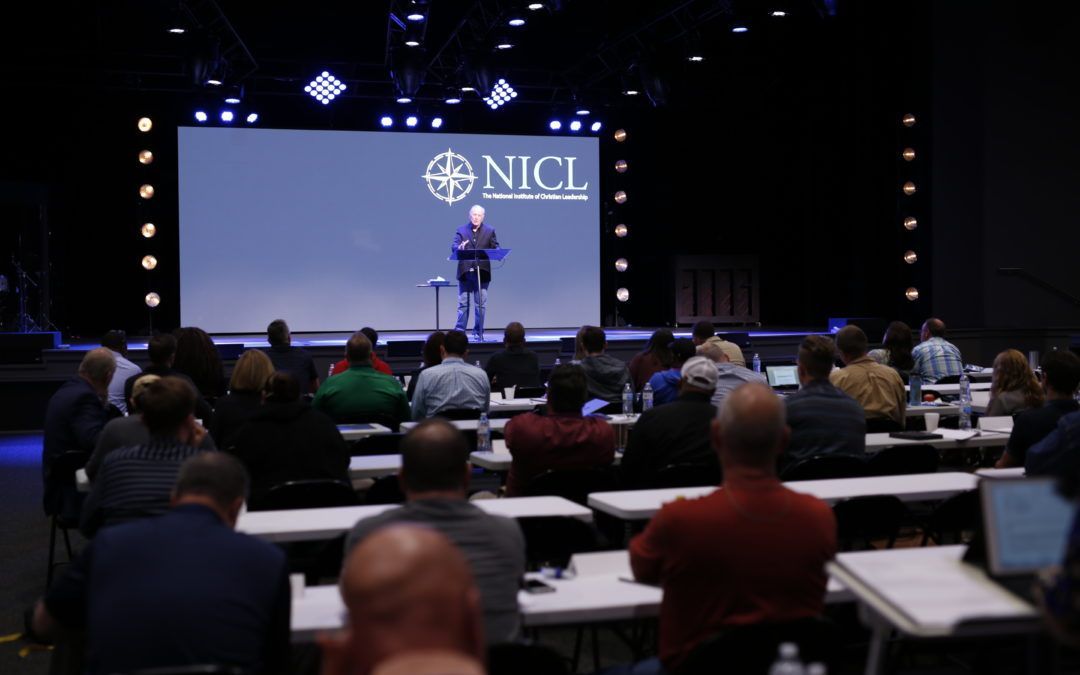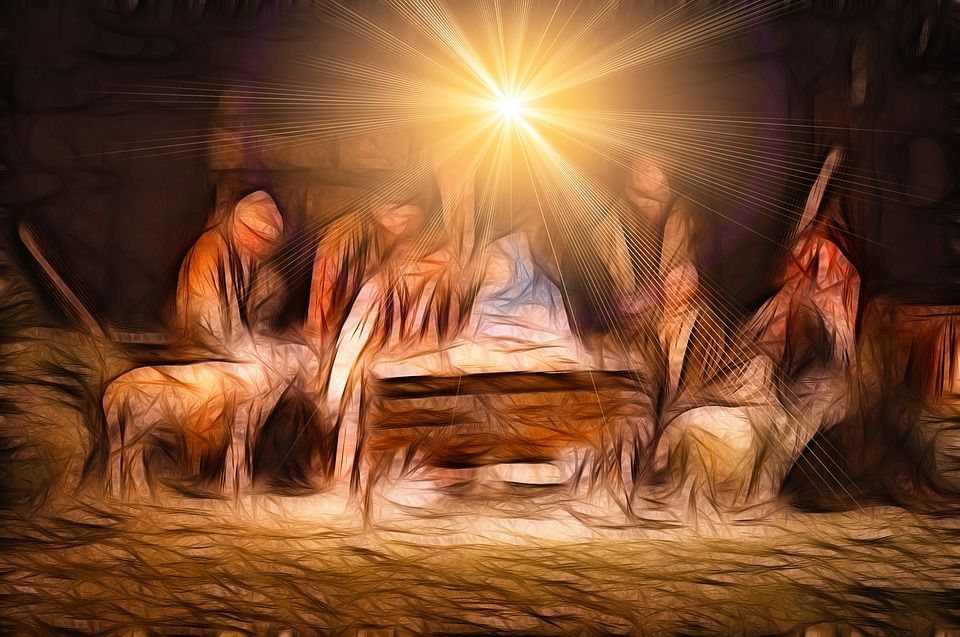By Dr Mark Rutland
•
January 16, 2020
There are a lot of varying percentages when it comes to averaging the number of people that are successful in achieving their New Year Resolutions. Generally speaking, most people don’t achieve their resolutions and more often than not, most fail before they start. It’s an unfortunate statistic but does this mean that New Year’s Resolutions are not worth it? When setting personal resolutions, studies show that those set within a collaborative working environment where others can help hold one accountable will have a greater success rate than those just setting personal resolutions to achieve on their own. Here we will look at: 1. Benefits of Setting Goals In The Workplace In any successful workplace you will see goals being set for both the individual and the team. Setting goals provides everyone with a clear focus on what they are trying to achieve and how they will go about achieving it. They clearly lay out the step by step process that breaks down how the overall can be accomplished and in ways that are achievable for everyone. They also provide guidance so everyone can stay on track and keep a steady forward movement. All of this is what leads to an increase in work performance. Even if goals are set on an individual scale, everyone working together to achieve their goals creates a motivated work environment where accountability is a catalyst to success; causing everyone to perform with greater productivity. Not only are individuals and the team as a whole successful but so is the company or organization. 2. What About Resolutions In The Workplace? Resolutions in the workplace function a bit differently than the resolutions we commonly think of come New Year’s. Unlike a resolution created to improve or better an individuals personal life, resolutions set in the workplace are more unified. They’re a way of uniting everyone as a whole which potentially produces a more cohesive working environment and ultimately a successful one. Keep in mind that resolutions within a workplace are not the same as goals. Goals typically center themselves on numbers. Resolutions however, focus more on things like improving communication within the workplace and/or clientele, making it a point to celebrate team successes, creating a greater level of community within the work space, etc. They tend to have a personal edge making them more about quality, rather than quantitative value. That being said, they can still function in similar ways to typical goal setting methods. As mentioned above, goal settings has its benefits. These very benefits are an outline to successful workplace resolutions as well. Providing clear focus on what the workplace desires to create, keeping everyone on track and working together with the component of accountability, mapping out a plan of attack on how everyone will achieve the resolutions they have set forth and gaining increased productivity while working towards these resolutions are all ways resolutions function in similar ways to goals. The difference is the collaborative effort and energy that comes from setting resolutions in the workplace. 3. How To Ensure Resolution Success Goal setting is more often than not, a short term process where resolutions are about long term results. This is the first thing that needs to be understood when it comes to ensuring resolution success. The other is acknowledging that a successful resolution will always be about the process rather than the outcome. Whether its goals or resolutions, we often focus on the outcome, which is why most people end up failing their resolutions. We need to train our thoughts to look differently at these systems in order for us to achieve them. They need to be simple, measurable and achievable. Here is a list of ideas on how to set achievable resolutions in the workplace. Determine Your Course: Break it down into steps. Make sure they are simple and our set up to create a habit rather than just a task. Habits stick with us. This equates to long term results. Setting practical resolutions will always increase the odds that they can be achieved. Create Incentives: Giving someone or the team incentives to work towards, produces motivation. Not only are they pursuing the overall, they are enjoying themselves in the process. This can be done in simple ways like distributing gift cards to individuals/teams or taking everyone out for happy hour as a way to say, ‘ good work!’, ‘lets keep it up!’. Put A Time On It: It’s important to have an end date for everyone to work towards. Think of these as steps. Each step can be broken down by giving it a time in which it needs to be met. Accomplishing small steps one at a time is highly effective in meeting the overall goal. Make It Fun: Setting resolutions on their own isn’t what typically excites people. A small level of competitive play can be engaging and has the potential to create community. Ultimately, your looking for it to be a collaborative effort but this can be done not just by having everyone work towards specific goals but doing it together. Breaking people within the team into teams is one idea of implementing this. It also allows for accountability which is an influential factor in team success. Take Notes: There’s always a new time for everything and the best way to go into something new is taking what you’ve learned from previous experience with you. Taking notes on what worked and what didn’t will help everyone the next time they create new resolutions. Remember, it’s not about the overall outcome as much as it is about the process it takes to get there. Focusing on the day at hand and what it brings is the best thing one can do. The future will always be there. Todays moments, however, will not. Take each day one step at a time and you’ll find that your New Year’s resolutions do matter.









